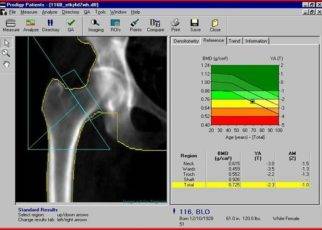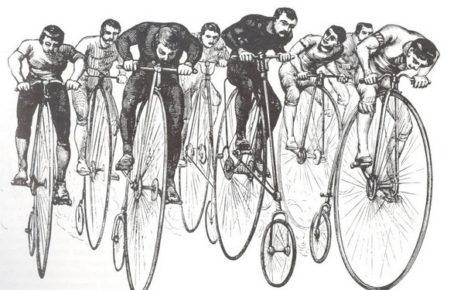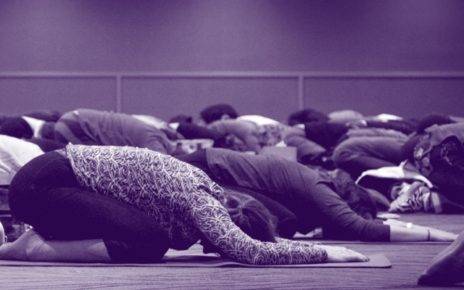Results are given in two scores: a T-score and a Z-score. A T-score is what your bone density is in comparison to the norm for a healthy person in your age and gender. Negative and positive scores indicate bone density. If your T-score is above -1 your bone density is good. A score between -1 and -2.5 is lower than normal and may indicate a risk of osteoporosis. Below -2.5 means you have osteoporosis. These T-scores may need to be interpreted differently if you are anything other than a Caucasian woman who is post menopausal.
The Z-score takes into account age, sex, weight, and ethnic origin norms. The score is your number of standardized deviations above or below that norm. A score of less than -1.5 could reveal that other factors are involved with the bone loss and your doctor will follow up with additional diagnostic measures.
Although bone density tests are recommended for all women over 65 by The National Osteoporosis Foundation, people with vertebral abnormalities, hyperparathyroidism, a history of eating disorders, or estrogen deficiency are also at high risk.





